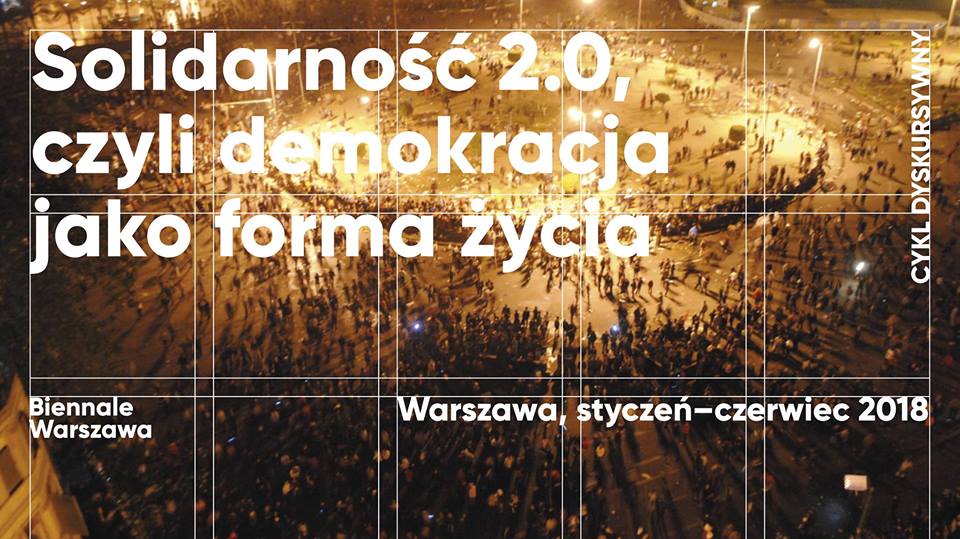Workers’ and economic democracy: can the economy be managed democratically?
Lecture by Jan Sowa

The last two centuries have been systematic and impressive growth of democratic forms of organizing social life. Parliamentarism, however distant from the ideals of a full democracy, made a clear progress in comparison with the various forms of the preceding its autocracy. Since the time of the parliamentary revolution dating back to the end of the eighteenth century, huge segments of society have gained the right to vote, in particular, poor people, women and minorities. Despite this, one area of the social world, the economy, remains outside our collective control, being still a field of processes of disastrous (crises, the arbitrariness of corporations) or extremely individualistic nature (arbitrary influence of the richest individuals on our fate). It is not, nonetheless, the case that the ideas of subjecting the economy to collective control have never appeared in theory and have not been tested in practice. These are mainly various types of workers’ democracy, in particular workers’ councils, as well as attempts to rationally control the economy as a whole. Although, the latter is reminiscent of central planning discredited by many, by the so-called past epoch, rapid development of new technologies, especially in the field of Big Data, creates new possibilities for subjecting the economy to democratic control.
| Data | Czas | Tytuł | Miejsce | Wstęp |
|---|---|---|---|---|
|
April 24 2018
, 18:00
Tuesday
|
18:00 |
Workers’ and economic democracy: can the economy be managed democratically? |
Biennale Warszawa 29A Mokotowska Street (MO29A) |
Free entry |